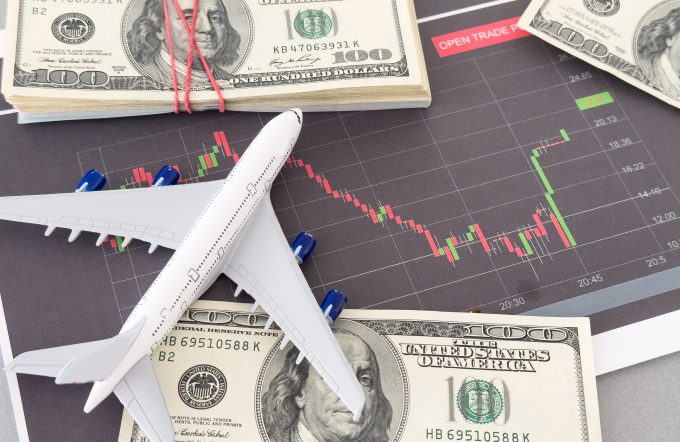Airfreight rates rising gently as ecommerce giants eye new tradelanes
Global airfreight rates and volumes are rising gently – but confusion over US ecommerce rules ...

Air freight rates will go up over the next few months, and potentially stay inflated for the whole of 2025, according to president of United Cargo Jan Krems.
But not all trade lanes will enjoy the same spike, he added.
“I think rates will go up, and I’m very confident about Q1 25,” Mr Krems told The Loadstar on the sidelines of TIACA’s Air Cargo Forum in Miami this week.
He explained it was due to “high airfreight demand”, ocean shipping ...
MSC port arm to buy Hutchison ports including Panama and Felixstowe
Latest strike will cause ‘massive' disruption at German airports
K+N 'still number-one' in air and ocean – but it's not all good news
US Chinese ship penalties will hit transatlantic trade hardest – Soren Toft
Congestion at Asian and European ports keeping charter rates firm
Liners cut long-haul sailings, but 'it won't be enough' to stop rates tumbling

Comment on this article